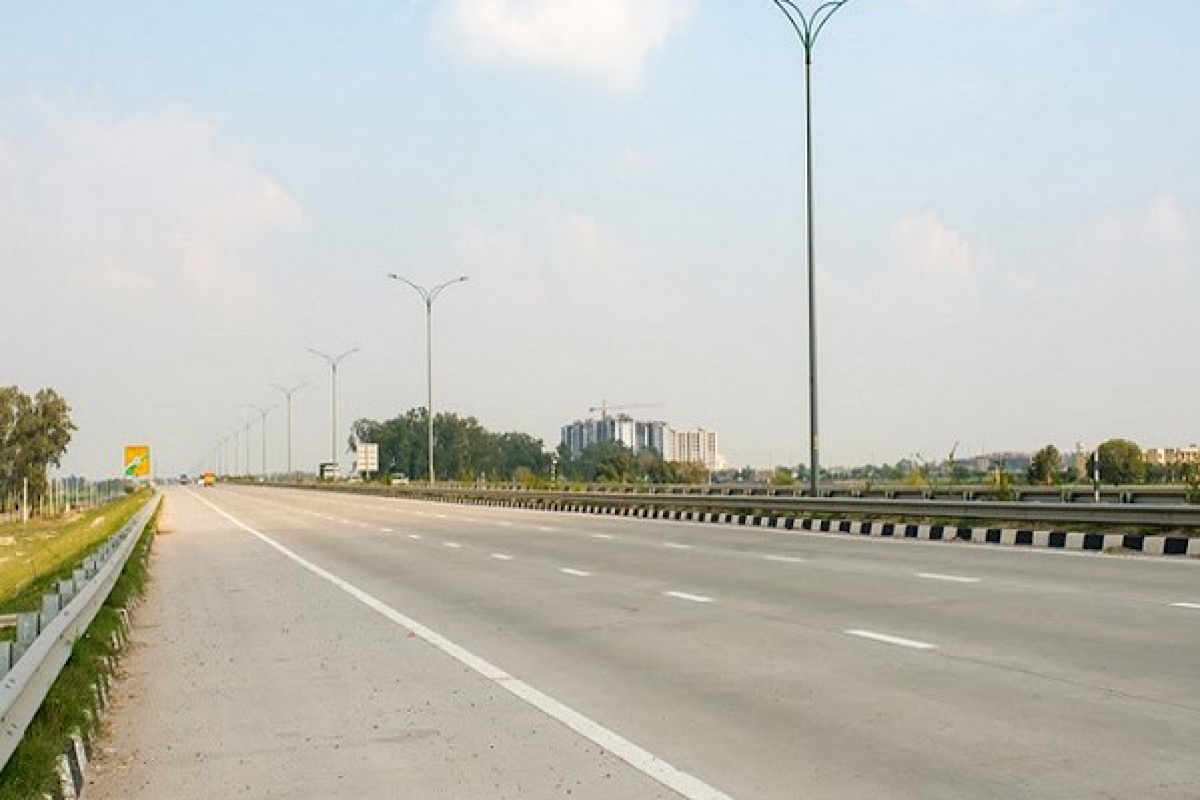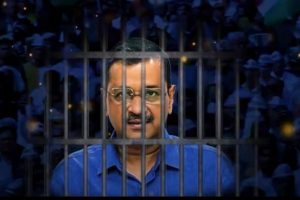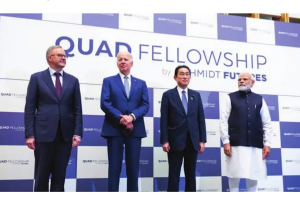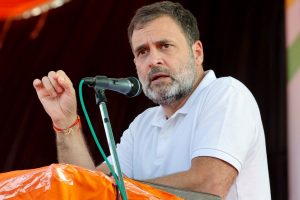The Comptroller and Auditor General of India (CAG), flagged huge cost overruns in the Dwarka Expressway, the overall average construction cost of Rs 18.2 crore per km was approved by the Cabinet Committee on Economic Affairs (CCEA), however, the construction cost was pushed to Rs 251 crore per km.
A release issued by CAG said, “In the performance audit report by CAG, it has been brought out that per km cost of Dwarka Expressway is Rs.250 crore as against CCEA approved per km cost of Rs.18.2 crore.”
According to the release, Dwarka Expressway is an engineering marvel involving the construction of 8-lane, expressways on a single pier which has been conceived and designed considering the present traffic volume, the need for seamless connectivity and to meet requirement of the future growth potential of this entire region.
It would also result in the reduction of pollution in the entire Delhi-NCR region which has already benefited by similar development on Eastern Peripheral Expressway and Delhi-Meerut Expressway.
“This project also features India’s first 4-level interchange (2 nos.) and 8-lane Tunnel (3.8 km),” added the release.
It said, “In approval of Bharatmala Pariyojana, as such project-wise cost was not approved. It only provided an overall outlay for the programme. As such ascribing an increase of cost from Rs 18.2 crore/km to Rs 250 crore/km is a gross misrepresentation of facts.”
CAG in its release said that the per km cost of Rs 18.2 crore was considered a normative cost for formulation of Bharatmala Pariyojna for approval of CCEA. The civil cost/ capital cost of the project being undertaken under the Bharatmala Pariyojna varies based on its design features, terrain and geographical locations.
“Under Bharatmala Pariyojna, the average cost for special projects enveloping substantial lengths of bridges/via-ducts/tunnels is Rs 152 crore/km. It may be appreciated that construction cost varies based on the nature of the project,” it added.
In the CAG report, the civil cost has been mentioned as Rs 250 crore/Km whereas the approved civil cost for 4 packages is Rs 206.39 crore/Km and awarded civil cost is Rs 181.94 crore /Km.
Dwarka Expressway is the first 8-lane expressway on a single pear in the country, which ensures the most economical utilization of NH’s RoW. The average cost of the elevated structure is about Rs 150 crore whereas additional costs are for the development of ground-level 6-laning roads, underpasses and flyovers as service roads.
Considering the high volume of traffic and severe congestion, there was an urgent need for a long-term solution for the de-congestion of NH-48 between Delhi to Gurugram. Since there is dense habitation in this region of NCR, there was no possibility of a new alignment and Dwarka Expressway originally conceived by the Government of Haryana was the only viable alignment for the development of a highway alternative to NH-48.
The release noted that the cost of Dwarka Expressway even if constructed at grade could have been reduced by 1200 crore but would have resulted in deficient development of the Highway as per past practices reflected on NH-48.
Finally, in order to provide signal-free seamless connectivity, to segregate through and local traffic and to ensure long-term solutions for de-congestion of this area, it was essential to provide an expressway with a design capacity of about 150000 PCUs. It may be relevant to mention that worldwide, elevated roads/tunnels are provided in urban settings for seamless connectivity.











